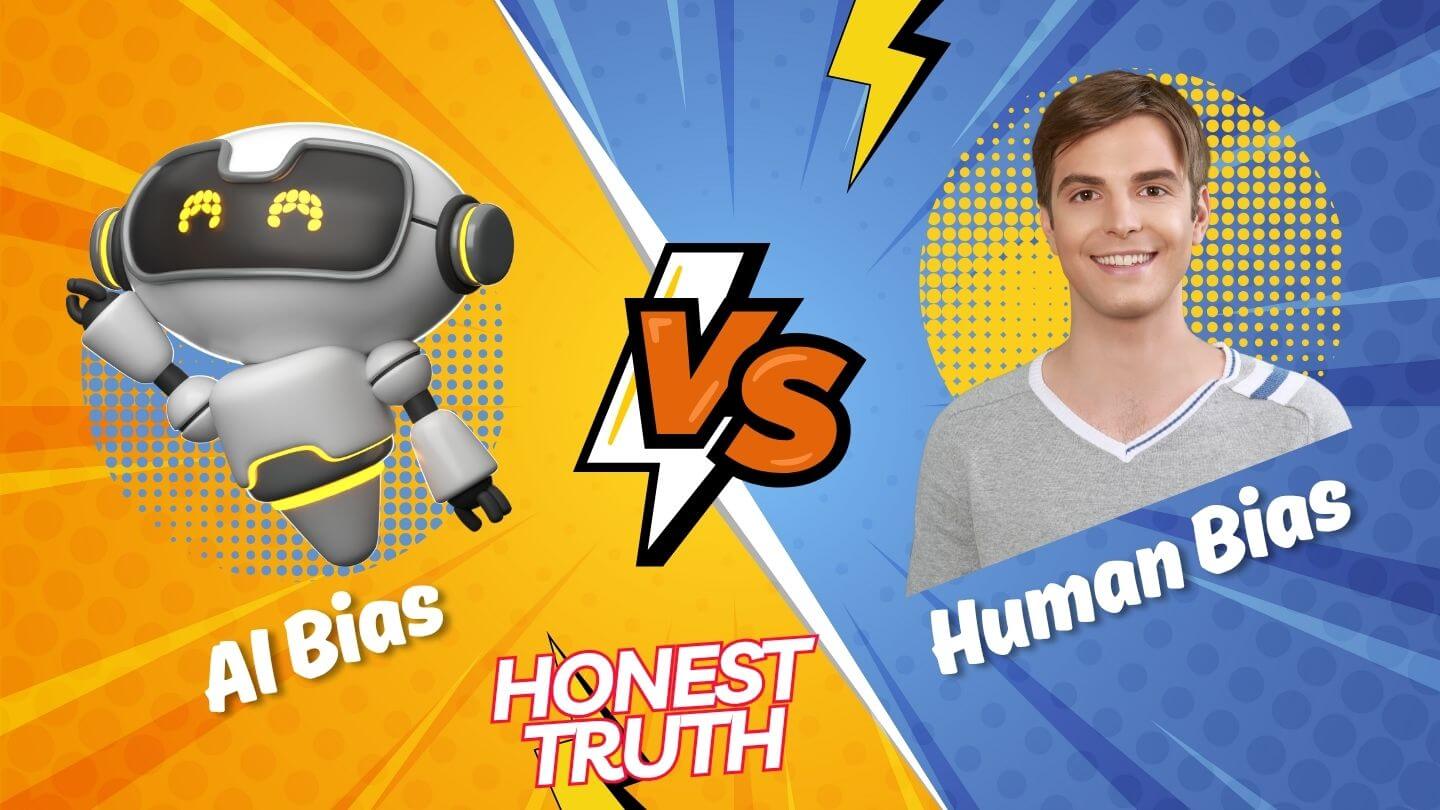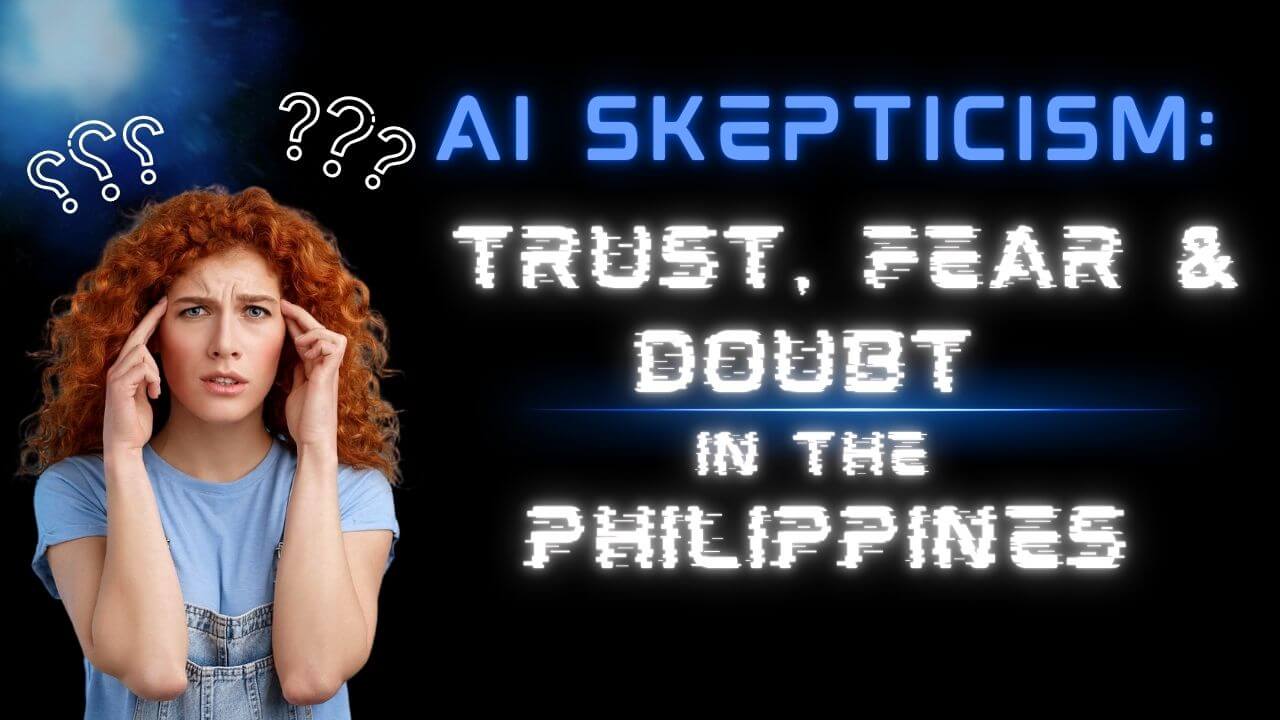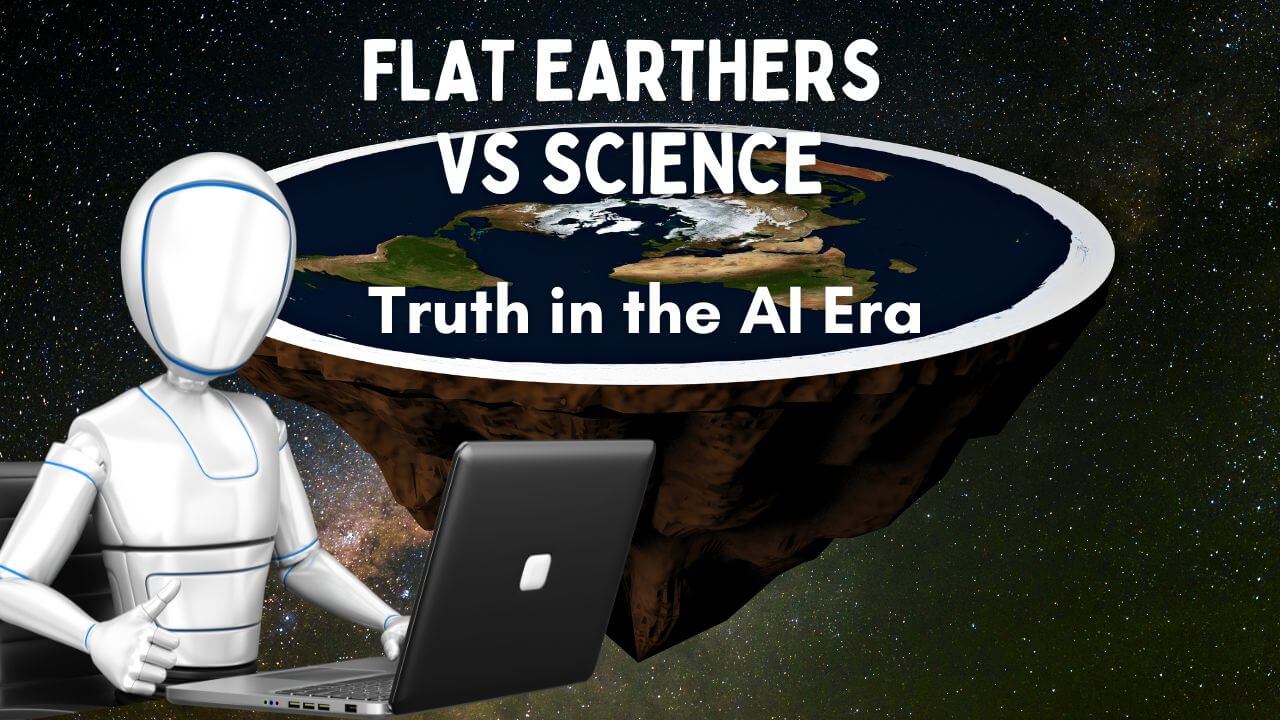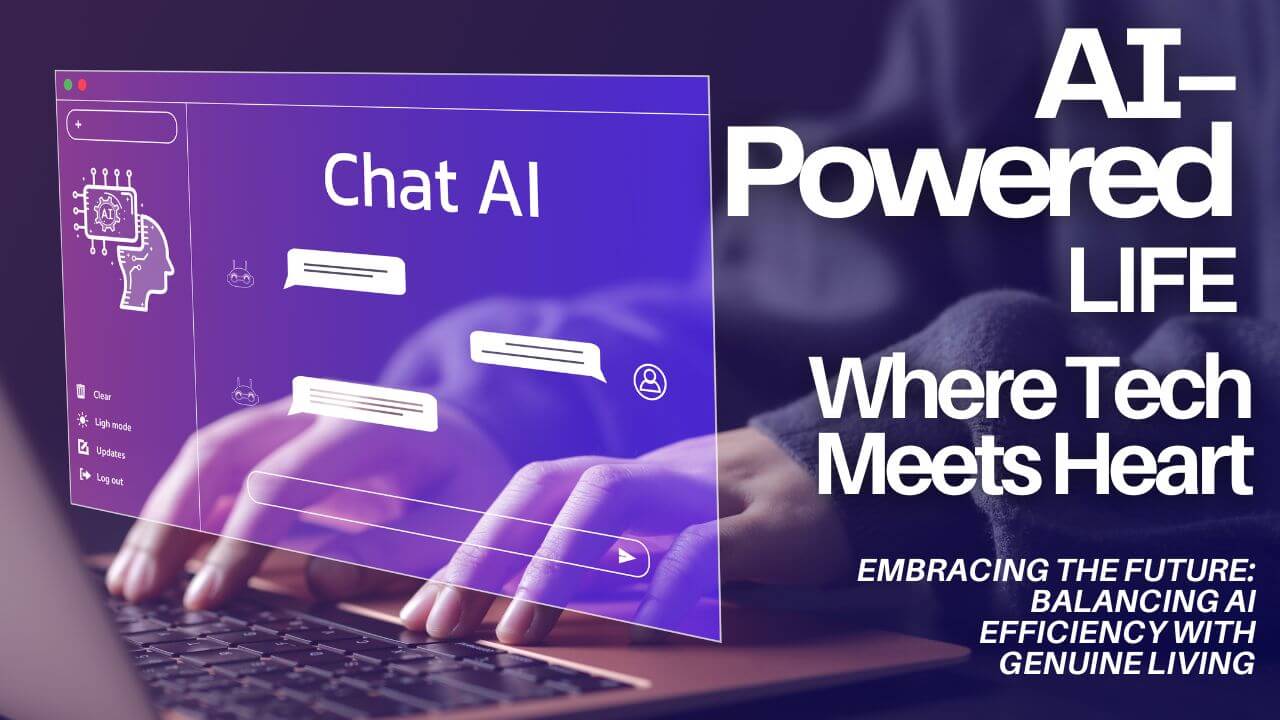Introduction: The Nature of Bias
Bias. It’s an unavoidable part of being human. We all carry our preconceptions, hidden prejudices, and opinions shaped by our experiences, culture, and even our moods. It colors every decision we make—from the trivial to the life-changing. And yet, we expect a certain level of honesty from our rationality.
In today’s era of artificial intelligence, a curious phenomenon is emerging: despite the notorious reputation of AI bias, there’s an argument to be made that AI bias might actually be more honest than human bias. AI doesn’t experience cognitive dissonance—that uncomfortable mental state where individuals hold contradictory beliefs yet refuse to change their stance. Instead, AI reflects biases in a clear, measurable way, allowing society to confront them directly.
Human Bias: Subjective and Often Unchecked
Human bias is deeply ingrained in our psychology. When we make decisions, they’re influenced by emotions, personal experiences, and even subconscious associations. This is known as unconscious bias—the subtle, often unnoticed ways our past shapes our present thinking.
Think about it: our gut reactions can lead to stereotypes, favoritism, or irrational decisions that we might not even be aware of. Unlike AI bias, which comes from data, human bias is often self-justified, reinforced through tradition, peer pressure, and personal affiliations. Take the political divide as an example—many individuals support their chosen leaders not because of objective evaluation, but because loyalty overrides critical thinking. This manifests in governments where leaders prioritize their political survival over the country itself.
While we like to believe we make rational decisions, the truth is we often rely on emotional reasoning instead of evidence-based judgment. AI exposes this flaw, not by being unbiased, but by showing bias in a way that can be dissected, analyzed, and corrected.
AI Bias: Data-Driven and Transparent
Now, consider AI bias. AI systems learn from data, large amounts of historical information carefully curated by humans. That data reflects the world in all its messy details, including social inequalities and prejudices. But here’s the twist: while AI bias is a reflection of past human bias, it’s also explicit and quantifiable. When an algorithm produces biased outcomes, we can trace it back to the training data, the modeling choices, or the weighting schemes used.
For example, if an AI system misidentifies certain demographics in facial recognition, we don’t get an abstract “I am biased” explanation. Instead, researchers can pinpoint data imbalances as the root cause. This transparency offers the possibility for recalibration and improvement—a luxury that human bias often lacks due to its complex, layered nature.
AI doesn’t have loyalties, political agendas, or personal stakes—it only follows logic. This forces decision-makers to confront systemic flaws in a way humans often resist due to cognitive dissonance.
Why Honesty in Bias Matters
In a world where political figures refuse to acknowledge failures, where ideologies trump facts, and where loyalty to leaders outweighs loyalty to the country, bias remains a major obstacle to progress. Human bias is often cloaked in ambiguity, wrapped up in tradition, group dynamics, and personal sympathies. As a result, preconceived notions can persist for generations without clear accountability.
Conversely, AI bias, when uncovered, forces us to confront the exact datasets or structures that led to these outcomes. Its honesty gives us a roadmap to correction. Researchers are actively developing algorithmic audits, fairness constraints, and transparent reporting standards, precisely because AI’s measurable bias makes it amenable to improvement in a way human bias is not.
In high-stakes fields like finance, healthcare, and governance, knowing that bias isn’t hidden behind political spin but instead emerges from historical inequalities allows for smarter, data-driven reforms. AI bias challenges us to do better rather than excusing bias as “just the way things are.”
How AI Can Minimize the Gap in Biases
While AI inherits biases from historical data, it also offers tools to minimize them:
- Pattern Recognition in Social Inequality – AI can highlight disparities in decision-making, exposing unfair hiring practices, biased policing, and economic inequities before they become systemic.
- Neutral Data-Driven Policy Suggestions – Unlike political leaders who favor alliances over national interests, AI can process objective data to propose fairer policies, whether in taxation, healthcare distribution, or electoral reform.
- Bias Corrections Through Machine Learning – Researchers use bias detection algorithms to improve AI fairness, ensuring diverse representation in datasets and eliminating discriminatory patterns from automated systems.
- Transparency vs. Human Rationalization – AI bias is visible and measurable, forcing institutions to confront discrimination head-on, while human bias often remains buried under political loyalty and self-serving narratives.
- Reducing Emotional Influence in Decision-Making – Unlike humans, AI doesn’t hold grudges, political alignments, or personal agendas. This allows AI to cut through misinformation and tribalistic thinking, offering fact-based solutions instead of emotional reactions.
In short, AI doesn’t erase bias, but it forces us to confront it with brutal honesty.
The Ironic Truth: AI Bias Can Make Us More Fair
Here’s the ironic twist: while humans justify their biases, AI reveals them. And that revelation drives progress.
If an AI system flags a biased hiring process, it forces HR departments to rethink their selection criteria. If political corruption patterns emerge, AI can expose mismanagement based on evidence, not personal vendettas. AI forces hard conversations about inequality—conversations that humans often avoid due to loyalty, ideology, or social pressure.
As we refine AI models, we also refine our ability to spot and correct biases. Instead of denying cognitive dissonance, AI helps us recognize it—a critical step toward building a truly just society.
Conclusion: Toward a Future of Transparent Decision-Making
The journey of understanding bias in the age of AI is as much about engineering as it is about introspection.
While human bias is deeply personal and often hidden under layers of subjective reasoning, AI bias stands unmasked, offering clear data points and honest insights into our flawed systems. This transparency is invaluable—it tells us what can be improved and how to steer toward a fairer, more equitable future.
At AIWhyLive.com, we believe that embracing the honesty of AI bias is not a defeat—it’s an opportunity. By acknowledging and addressing these biases, we can build systems that are not only smarter but also fairer.
The real challenge? Can humans be as honest about their biases as AI is?
Sources & Further Reading
- Cognitive Dissonance & Political Allegiance
- AI Bias vs Human Bias: Harvard Research
- Machine Learning & Bias Correction
- Transparency in AI Ethics
Bias isn’t just about algorithms—it’s about people. And AI is forcing us to confront what we’ve long ignored. 🚀






